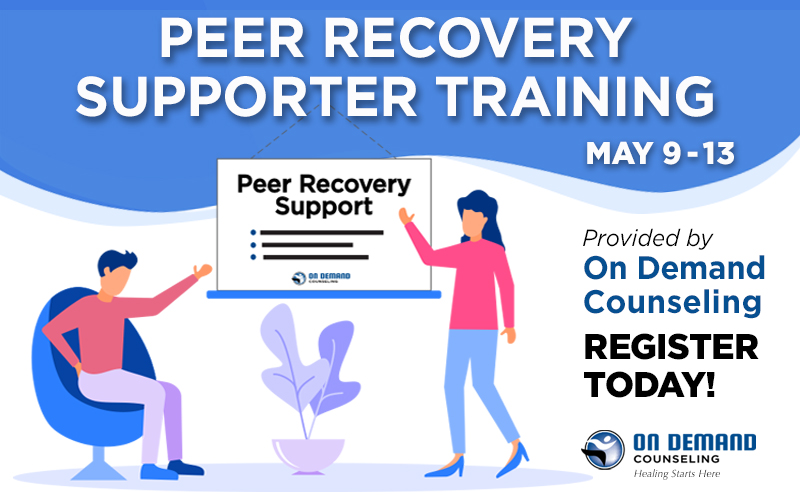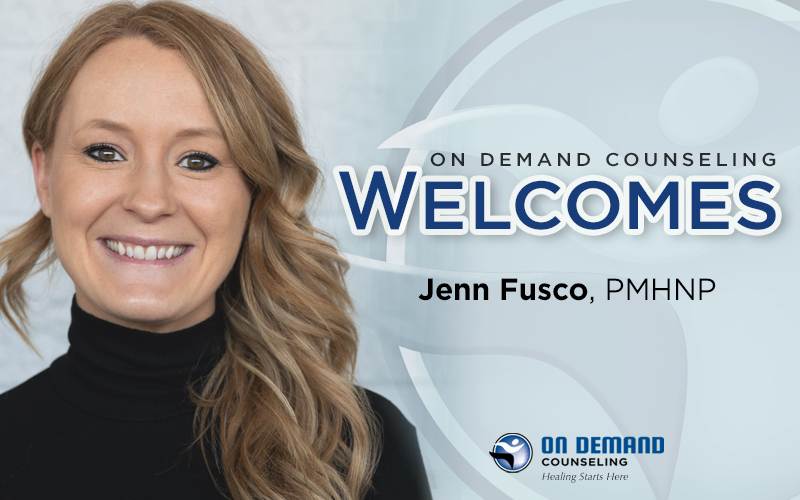 While inpatient treatment is usually the best course of action for people who need to go through detox for a severe substance use disorder, outpatient rehab is ideal for everyone else. It’s also the perfect option for individuals who have completed a residential rehab program and are ready to take a step down. When you don’t live in a clinical setting, your family and social life aren’t restricted; you can attend treatment around work or school and bring what you learn to daily life with immediate effect. One of the other significant benefits of outpatient rehab is its affordability.
While inpatient treatment is usually the best course of action for people who need to go through detox for a severe substance use disorder, outpatient rehab is ideal for everyone else. It’s also the perfect option for individuals who have completed a residential rehab program and are ready to take a step down. When you don’t live in a clinical setting, your family and social life aren’t restricted; you can attend treatment around work or school and bring what you learn to daily life with immediate effect. One of the other significant benefits of outpatient rehab is its affordability.
1. Apply What You Learn to Your Daily Life
In an inpatient setting, every moment you’re awake is structured and rigid — which can be hugely helpful for people who have been struggling with the chaos that addiction can bring into their lives. However, spending time in this type of environment can be incredibly challenging to break away from. Maintaining sobriety in such a strict setting is entirely different from living a life of freedom in the outside world.
With an outpatient program, you attend counseling sessions and support groups and gain an education that you are then free to go home and practice in real time. There’s no transition period between treatment and normal life; you integrate your lessons as you go.
2. Stay Close to Your Loved Ones
If you have a loving family, close friends and a healthy home environment, leaving that for residential rehab could be detrimental rather than beneficial. Your support network is your best friend during recovery, so staying in a safe place and keeping up your family duties is a great idea. When you come home from treatment, you can discuss what you’ve learned with your spouse or friends and educate them on the best ways to help you. It also means you can celebrate your successes and build your self-esteem as you show your loved ones your progress.
3. Organize Treatment Around Your Schedule
When an outpatient facility provides evening, daytime and weekend sessions, you can schedule your rehabilitation around your responsibilities. Leaves of absence are generally protected under the Family and Medical Leave Act, which dictates that you can’t lose your job as a result of seeking medical attention such as rehab. However, that often means sharing your situation with your employers. Although no one should feel any shame about addiction — and especially for seeking help for addiction — you have a right to privacy.
If you’re the provider for your family, you might not be in a position to take a leave of absence. You might be responsible for the care of a dependent, and outpatient treatment gives you the medical help you need while leaving you free to fulfill your daily duties.
The first step on the journey to recovery is reaching out and seeking the information you need to get help. Call one of our advisors today at 330-270-8610 to find out more about how On Demand Counseling can give you the tools you need to get sober and stay sober.




